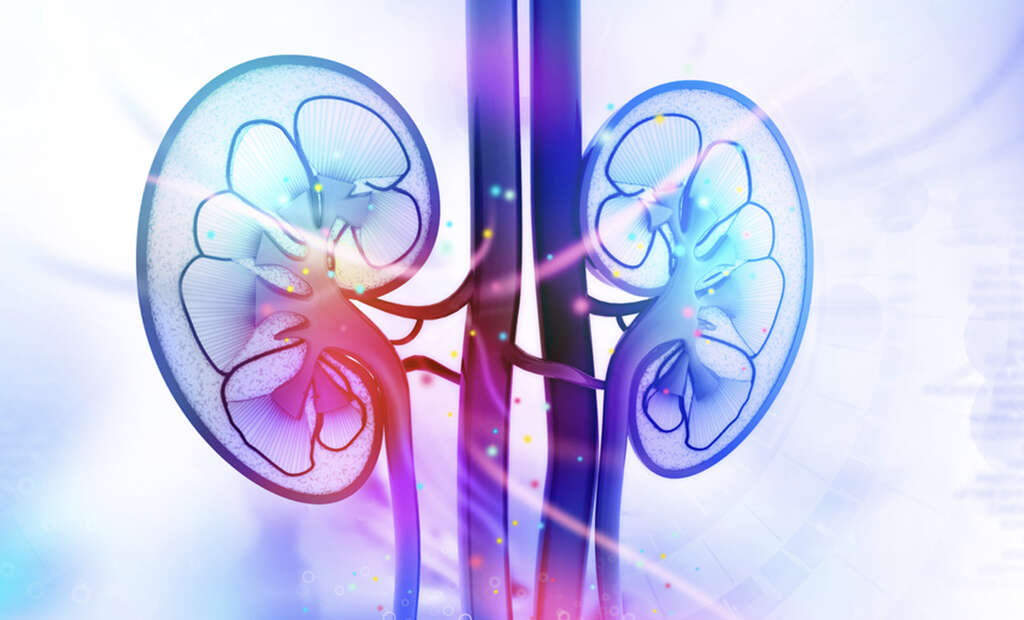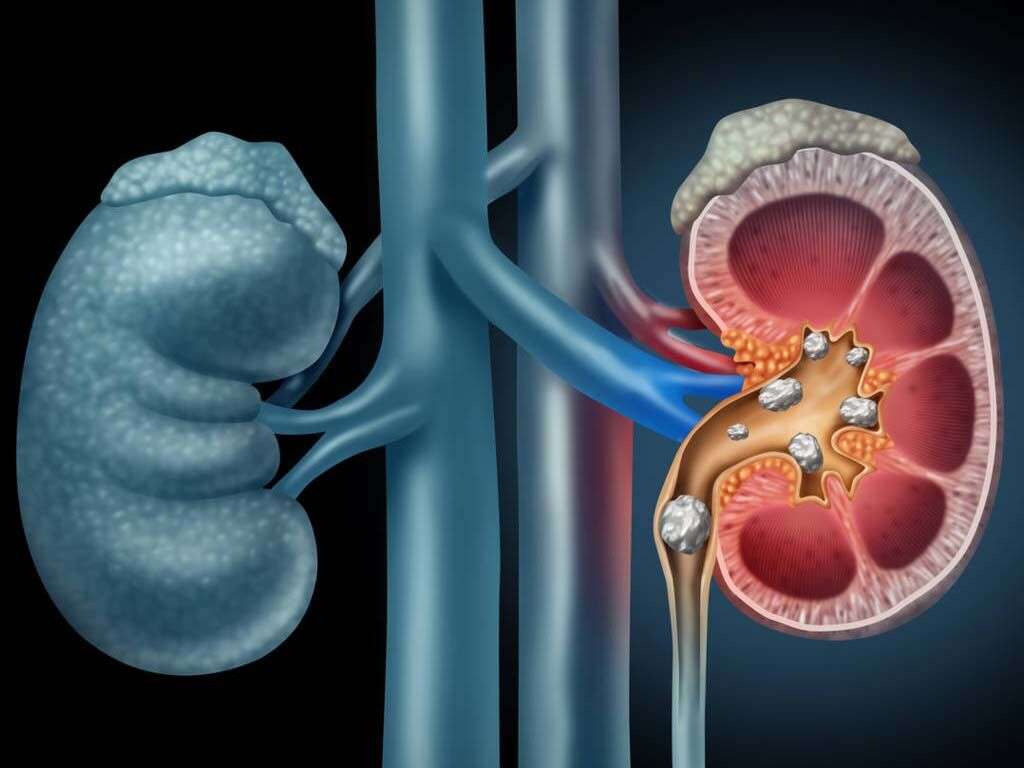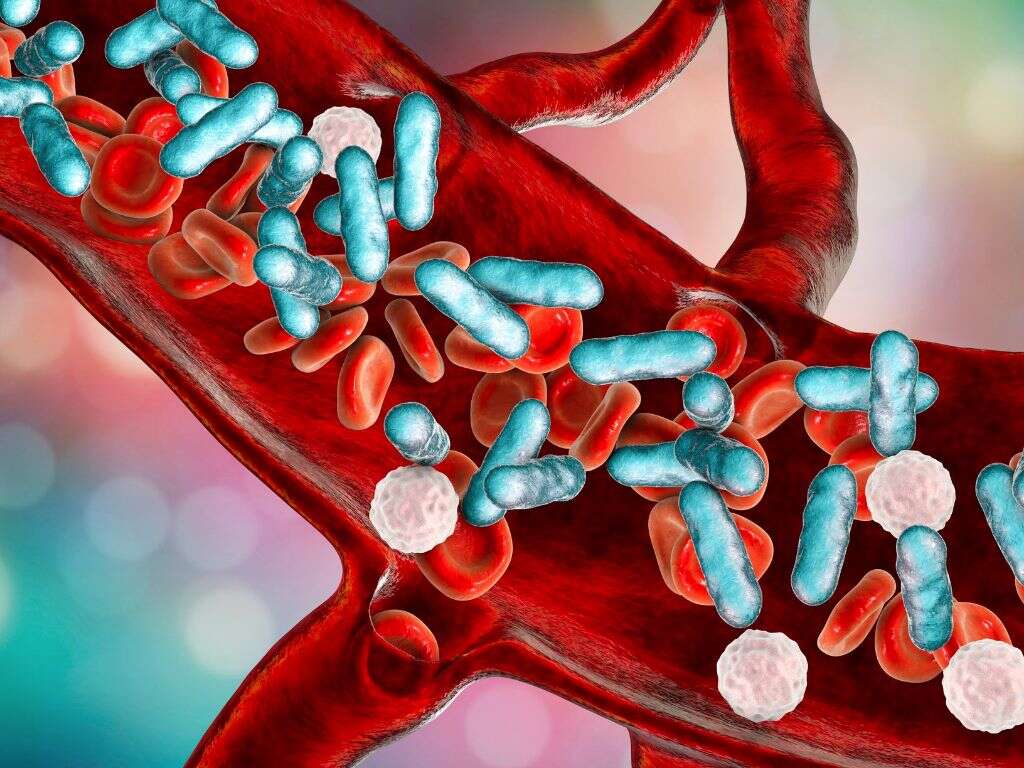What Is Nephrotic Syndrome?
As each day goes by, our blood gradually becomes increasingly toxic from the result of various bodily processes. At least this would happen if it was not for our kidneys which help to keep our blood clean. We would not be able to live without them so it is important that we take care of them as well as we can.
Even people that do take care of their kidneys are not completely safe from developing certain complications. One such complication is nephrotic syndrome. It tends to be caused by other medical conditions and it can result in a number of unwelcome symptoms. It does have the potential to be dangerous, but the condition can usually be treated.
1. Nephrotic Syndrome
Our kidneys have the essential job of filtering out toxins and other unwanted elements from our blood. However, it still needs to allow certain things that are needed, one of which is certain proteins. These proteins are important to us in a number of ways, and they need to exist in the blood at the right levels.
Glomeruli are small clusters of blood vessels located in our kidneys. These help with the job of filtering and they help to prevent proteins from seeping out of the blood and into our urine. If these are damaged then these proteins will leak out into the urine, creating a condition known as nephrotic syndrome.
2. Lupus
There are various potential causes of nephrotic syndrome, one of which is lupus. This is an autoimmune condition which means that the patient’s body parts are being attacked by their own immune system. There is no cure to lupus, but the symptoms of the disease can often be managed.
Lupus is an inflammatory condition and it will result in a number of symptoms, include joint pain, fatigue, swollen glands, poor circulation, weight loss, and light sensitivity. The inflammation caused by the condition can also sometimes result in damage to the glomeruli, thus causing nephrotic syndrome.

3. Membranous Nephropathy
Membranous nephropathy, also known as membranous glomerulopathy, is another type of autoimmune condition. In this case, membranes in the glomeruli are attacked and this causes them to become thicker, as well as damaged. This damage can lead to the leak of proteins into urine, thus causing nephrotic syndrome.
In some instances, the symptoms of membranous nephropathy are only mild and the patient will go on to make a full recovery. In more severe cases, the condition can lead to long term damage and even kidney failure. There is no known cure for the condition, but the condition can be treated and will sometimes go into remission.
4. Diabetic Kidney Disease
Diabetes is a condition that affects millions of people across the globe. The disease will have a profound impact on the patient’s life and they will need to be very careful about what they eat. The patient’s symptoms are caused by an inability to regulate their own blood sugar levels, causing potentially dangerous spikes and troughs.
Diabetes can cause some severe problems for the patient if it is not managed effectively. One of these problems is kidney disease, which itself can be something very serious. Of the main complications that diabetic kidney disease can cause, nephrotic syndrome is one of them.

5. Focal Segmental Glomerulosclerosis
Focal segmental glomerulosclerosis is a potentially serious condition that can lead to kidney failure. The condition happens when scar tissue develops on the glomeruli, and there are a number of potential underlying causes for this. This scarring can be caused by a variety of other conditions.
It tends to happen in people that have other kidney diseases, diabetes, sickle cell disease, and obesity. It is also sometimes caused by certain drugs, and infection is also a potential cause. It can result in a number of unwelcome symptoms including edema, high cholesterol, and weight gain. It can also lead to nephrotic syndrome.
6. Amyloidosis
Amyloidosis is a condition that is caused by the buildup of amyloid in the body, which is a type of protein. It is not usual to have any of the protein in our bodies, but it will sometimes form as a combination of other proteins. Amyloidosis can be dangerous, but it is thankfully a rare disease.
The condition can cause the build up of the protein in the tissues and in the organs. This can have an impact on their ability to function, resulting in a number of unwelcome symptoms. Symptoms include joint pain, fatigue, changing skin color, weight loss, trouble breathing, a swollen tongue, and heart failure.

7. Minimal Change Disease
Minimal change disease is a condition that is difficult to understand because, when the patient’s kidney is closely examined, nothing appears to be wrong with it. Regardless, patients with the condition will have abnormally functioning kidneys. Where nephrotic syndrome is concerned, minimal change disease is the most common underlying cause.
Despite the cause not being known, the condition is known to be related to tumors, some medications, allergic reactions, and viral infections. The symptoms include, but are not limited to, weight gain, edema, high cholesterol levels, foamy urine, and nephrotic syndrome. The condition is treatable, is not usually dangerous, and kidney failure is rare.
8. Symptoms
Nephrotic syndrome itself is going to cause a number of symptoms. Among these is urine that appears to be foamy. This is down to the higher than usual levels of protein in the urine. This is a fairly common symptom and is also sometimes causes by dehydration.
Other symptoms include weight gain as the body is retaining more fluids than usual. The patient is also likely to be feeling very fatigued. Some patients will also begin to lose their appetite, which can add to the fatigue.

9. Complications
Nephrotic syndrome does have the potential to become something quite severe. It can lead to chronic kidney disease, for example, as well as acute kidney injury. Both of these can affect the patient’s ability to filter their blood, resulting in a number of further unwelcome symptoms.
Losing too many proteins through the urine can cause malnutrition in some cases, while a build up of body fluids can cause a high blood pressure. Blood clots are also more likely, and the patient will also be more likely to develop infections. High levels of cholesterol are another symptom associated with the condition.
10. Treatment
Treating nephrotic syndrome generally involves treating the underlying cause of the condition, if one has been identified. This can mean treatment for infections, diabetes, inflammation, and autoimmune conditions to mention a few. In many cases, the patient will also need to make changes in their lifestyle choices to help control the condition as much as possible.
Other medications can be used to help treat the symptoms of the condition. This can mean medication to reduce blood pressure, regulate kidney function, reducing cholesterol, and preventing blood clots. Overall the condition can usually be managed and the patient should hopefully avoid serious complications.











